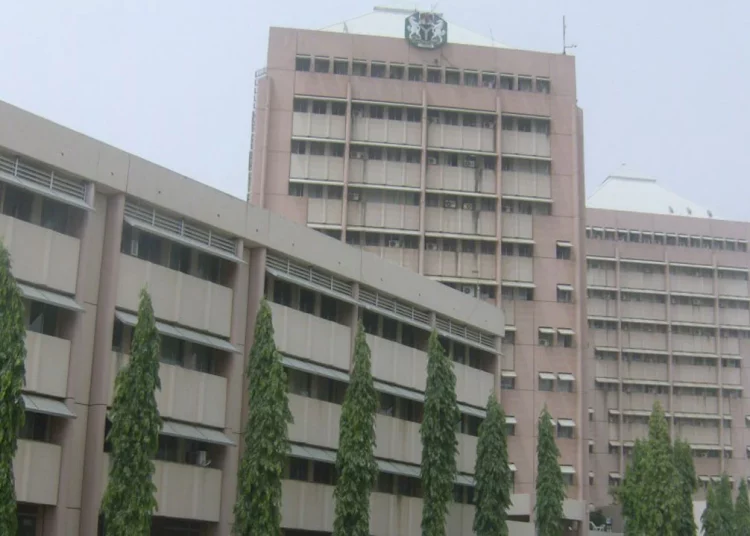Nigeria’s government has said it will no longer take excuse from Ministries, Departments and Agencies (MDAs) who fail to adhere to provisions of the government approved International Public Sector Accounting Standards (IPSAS) in preparation of their financial statements by 2023.
Federation Account Allocation Committee (FAAC) sub-committee presiding chairman at the Office of the Accountant-general of the Federation, Mr Christopher Nyong made the remarks yesterday at a 3-day nationwide training and capacity building for financial management operators across the country with special focus on the third tier of government.
“By 2023, we will not accept any excuse from any MDA on IPSAS implementation. Sanctions will come naturally because if you are unable to implement IPSAS as an MDA it means your access to public funds will be impaired. It’s a natural sanction,” he said.
Asked why IPSAS, Nyong said “because it will very much address the issue of corruption in our system. IMPSAS framework will help address the loopholes created by corruption.”
The aim is to institutionalise a framework for accountability and transparency in public finance. Nigeria began the implementation of IPSAS since 2016; not a few government agencies have refused to join the platform for accountability.
In his opening remarks, the director overseeing office of Accountant-general of the Federation Mr Sylva Okolieaboh urged the participants to take full advantage of the training, saying “Failure to take advantage of this 3-day training, you would have failed to take Nigeria to its right place of things.
“The whole world is watching Nigeria to get it right with public finance management and this is an opportunity for us to get it right. I urge you to be attentive and take advantage of this training.”
He said technical papers were prepared for presentation at the workshop to provide them with the requisite knowledge on implementation of standard accounting system.
Okolieaboh who was represented by the director, audit monitoring department Chizea Onochie Peter said by implementation of IPSAS, it is believed that Nigeria would be able to demonstrate higher accountability and stewardship in the management of public resources
He told the gathering that due to certain draw backs, not all entities of government have been able to effectively migrate from cash basis accounting to IPSAS accrual basis of accounting.
According to Peter, one of the major identified draw backs is inadequate manpower and capacity at the various levels of government to drive IPSAS implementation.
He said that is why the sub-committee has made concerted effort to continue to build capacities across the three tiers of government.
Okolieaboh said the 2022 capacity building exercise has been carefully packaged to address key and contemporary issues on both effective migration strategies for entities on IPSAS cash basis of accounting and practical approach to the preparation of GPFES for entities already on IPSAS accrual basis of accounting. “So, without mincing words, there is a lot to be learnt,” he stated.





